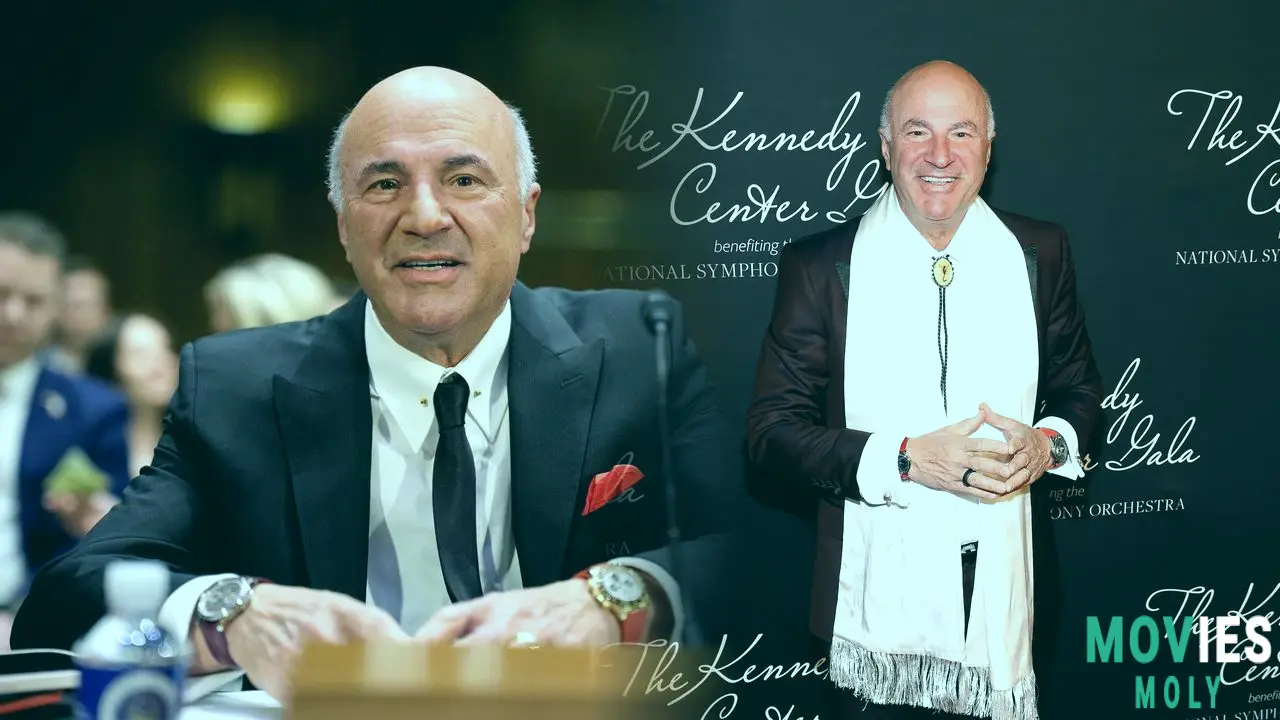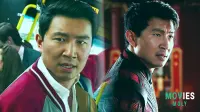The MCU star didn't hold back after the "Shark Tank" investor proposed replacing human background actors with AI to slash movie budgets, sparking a huge debate in Hollywood.
TL;DR- Kevin O'Leary suggested using AI "agents" instead of human extras in films like his upcoming "Marty Supreme" to save millions and make more movies.
- Simu Liu strongly criticized O'Leary, tweeting that budget cuts should target "above the line people making multiple millions" instead of "extras making $15-$22 an hour."
- This discussion highlights the growing tension between business-driven cost-saving measures and the protection of human artistry and livelihoods in the film industry.
The Movie Industry's Latest Tech Debate Heats Up: AI vs. Human Talent
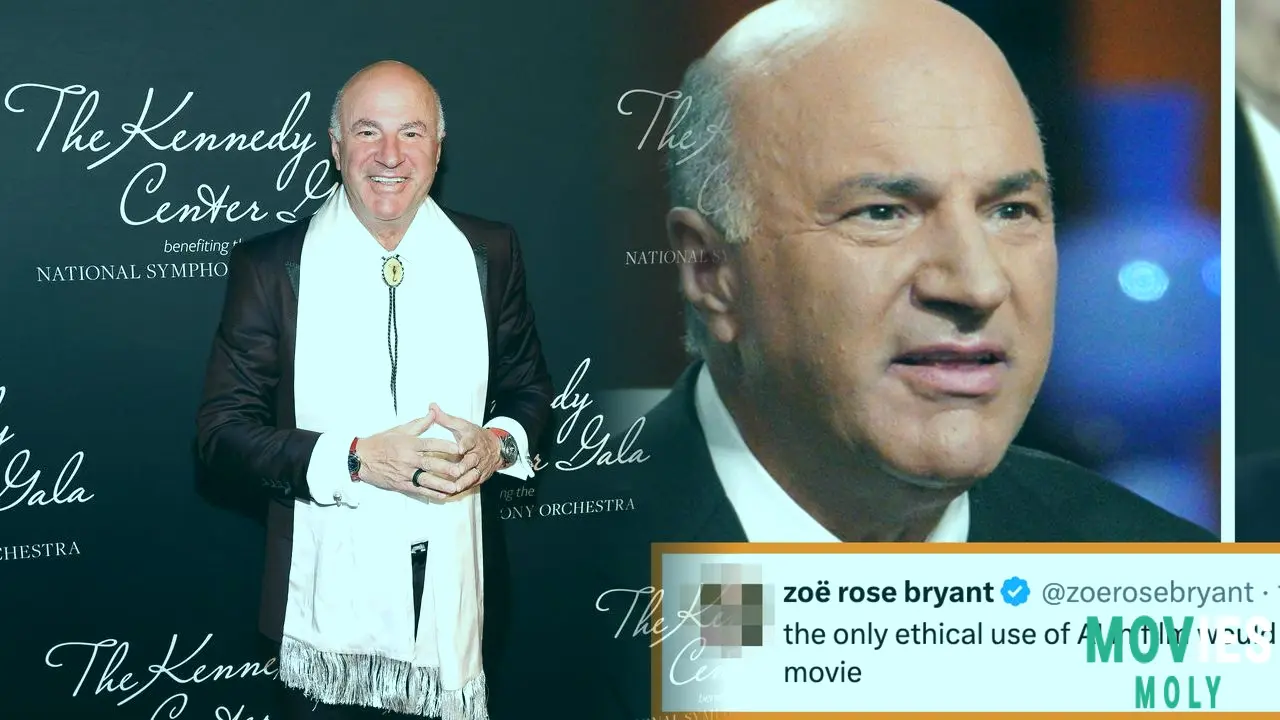
Hollywood is no stranger to big debates, but the latest one hitting the headlines is all about artificial intelligence (AI) and its role in filmmaking. On one side, you have folks who see AI as a game-changer, a tool that could streamline production and save a ton of cash. On the other, there's a strong contingent fighting to protect human jobs and the very soul of cinematic art. This week, the conversation got even more heated thanks to some comments from "Shark Tank" investor Kevin O'Leary and a sharp retort from Marvel's Simu Liu.
Kevin O'Leary's Bold Proposal for Cost-Cutting in Film Production
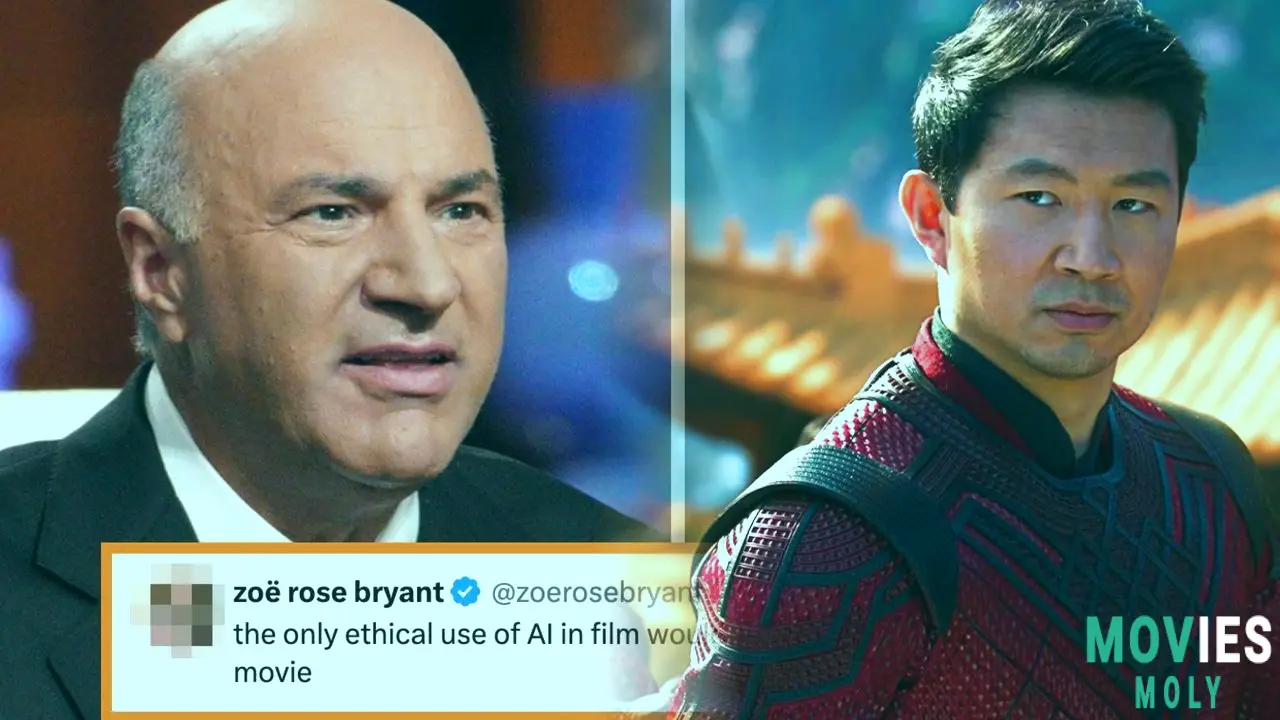
Kevin O'Leary, known to many as "Mr. Wonderful" from "Shark Tank" and now making his feature film debut in A24's "Marty Supreme," recently stirred the pot. During an appearance on "The Hill’s World of Travel: The Podcast," O'Leary floated the idea that Movies could save "millions of dollars" by replacing human background actors with AI-generated stand-ins. He even used his own upcoming film as an example.
"Almost every scene had as many as 150 extras," O'Leary explained, describing the realities of film sets. "Now, those people have to stay awake for 18 hours, be completely dressed in the background. [They’re] not necessarily in the movie, but they’re necessary to be there moving around. And yet, it costs millions of dollars to do that."
His solution? "Why couldn’t you simply put AI agents in their place? Because they’re not the main actors. They’re only in the story visually. [You could] save millions of dollars, so more movies could be made. The same director, instead of spending $90 million or whatever he spent, could’ve spent $35 million and made two movies." It's a purely business-minded perspective, arguing for efficiency and increased output.
Simu Liu Fires Back: Protecting Below-the-Line Workers
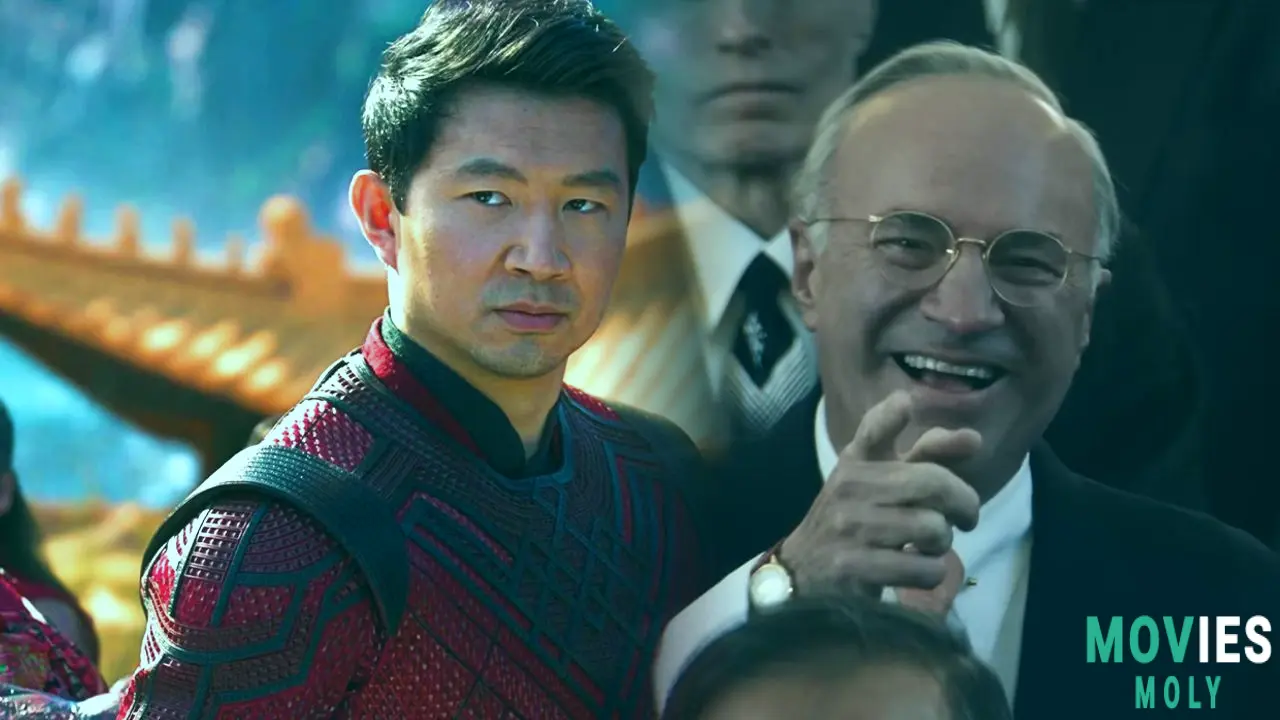
It didn't take long for O'Leary's comments to grab attention, and one prominent voice to speak out was Simu Liu, star of "Shang-Chi and the Legend of the Ten Rings" and "Barbie." Liu took to Twitter to express his strong disagreement, cutting straight to the heart of the labor debate.
"Sure, blame the extras making 15–22 dollars an hour struggling to make a living and not above the line people making multiple millions."
— Simu Liu on Twitter
Liu's response highlights a crucial distinction in Hollywood: "above-the-line" talent (like lead actors, directors, producers, who often earn multi-million dollar salaries) versus "below-the-line" crew and background actors, who often work for hourly wages and rely heavily on these jobs to make ends meet. For many, O'Leary's proposal felt like targeting the most vulnerable workers to pad the pockets of the already wealthy, rather than addressing high-end production costs.
The Rise of AI Performers and Industry-Wide Concerns
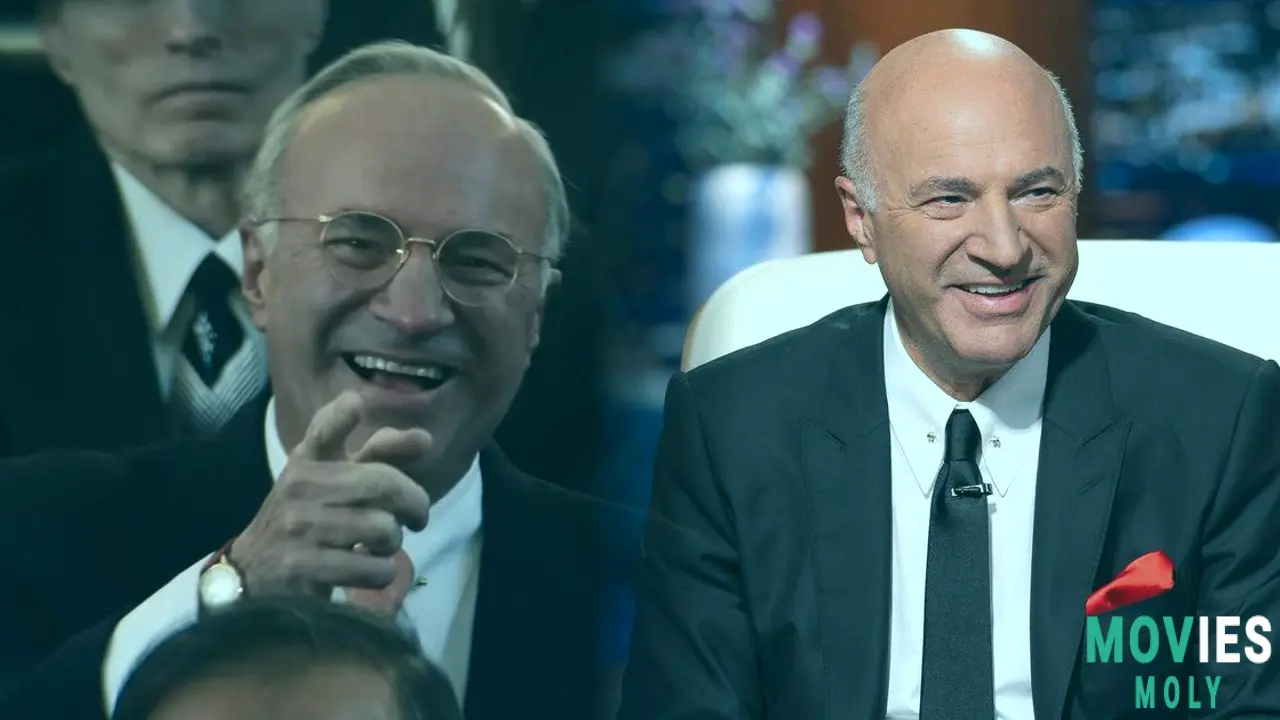
This isn't just a theoretical discussion. The emergence of AI "performers" like Tilly Norwood has already fueled industry anxiety. Tilly Norwood, an "AI actress" created by Xicoia, made headlines after reports suggested Hollywood talent agencies were interested in signing her. This sparked immediate backlash from unions and artists alike.
O'Leary, despite misremembering her name as "Tilly Norwell" or "Norwell Tilly" multiple times in his podcast, enthusiastically endorsed the concept: "She’s 100% AI. She doesn’t exist. But she’s a great actress. She can come in any age you want. She doesn’t need to eat, so she works 24 hours a day. The union is going out of their mind."
However, the industry's main union, SAG-AFTRA, was indeed "going out of their mind," and released a powerful statement:
- Creativity is human-centered: "SAG-AFTRA believes creativity is, and should remain, human-centered. The union is opposed to the replacement of human performers by synthetics."
- Stolen performances: They clarified, "To be clear, 'Tilly Norwood' is not an actor, it's a character generated by a computer program that was trained on the work of countless professional performers – without permission or compensation."
- Devaluing human artistry: The statement concluded by saying AI "creates the problem of using stolen performances to put actors out of work, jeopardizing performer livelihoods and devaluing human artistry."
This sentiment echoes what director Guillermo del Toro famously stated, saying he'd "rather die" than use AI in his movies, likening the technology to "Victor Frankenstein’s attempts to cheat death." It's clear that for many creatives, the value of human experience and craft is irreplaceable.
Art vs. Commerce: The Battle for Hollywood's Future
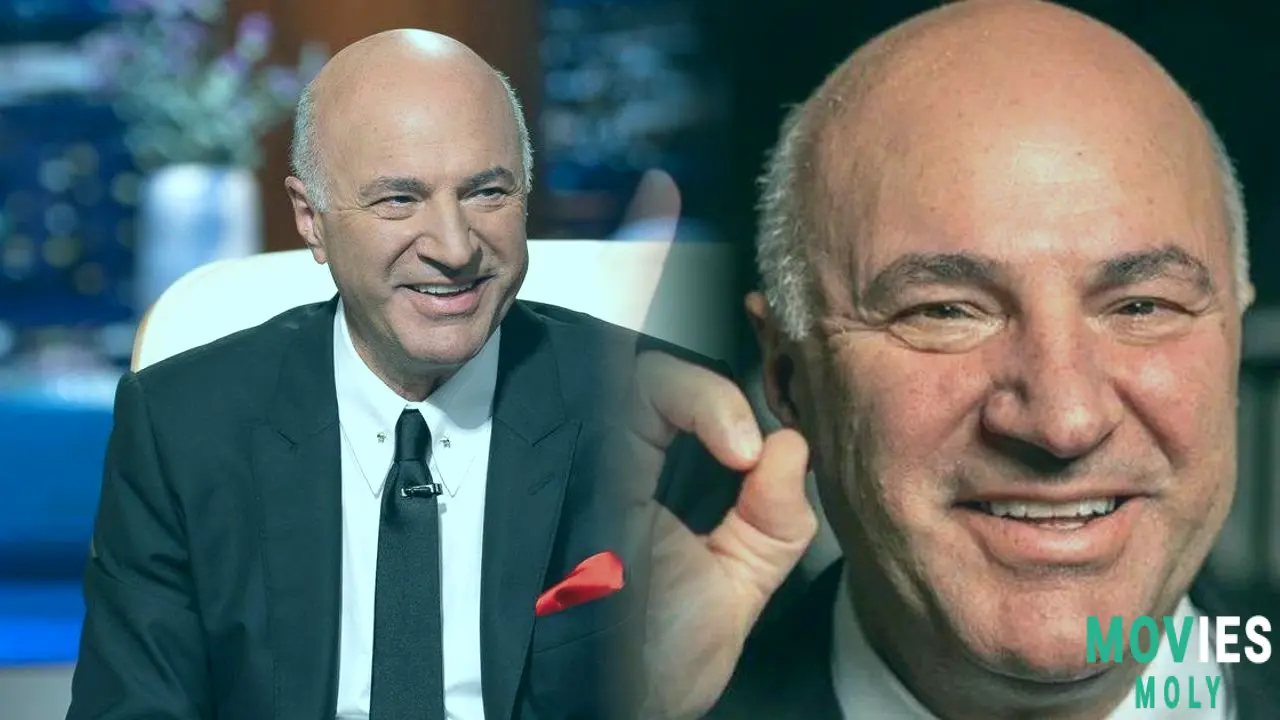
The core of this debate boils down to a fundamental tension: art versus commerce. For investors like O'Leary, filmmaking is a business, and efficiency often trumps all. If AI can cut costs, increase output, and potentially allow for "more movies to be made," why not use it? His argument emphasizes the financial benefits, suggesting that lower budgets could lead to more projects and, ironically, more opportunities (though how that translates to human jobs when AI is replacing them is the contested point).
However, for actors, writers, and directors, filmmaking is an art form that deeply relies on human connection, emotion, and lived experience. The "human experience" that SAG-AFTRA mentions is not something an algorithm can replicate, no matter how sophisticated. Background actors, while not always in the spotlight, contribute to the authenticity and texture of a scene. They provide a dynamic, unscripted element that digital replications often struggle to match, especially in period pieces where visual accuracy and subtle human behavior are key.
It's particularly ironic that O'Leary's comments come while he's promoting "Marty Supreme," an A24 film. A24 is a studio celebrated for its unique, often human-centric narratives and for championing distinct artistic voices. The idea of their most expensive feature (reportedly between $60 million and $70 million-plus, with O'Leary quoting $90 million for a director to spend) using AI to replace real people feels at odds with the studio's perceived ethos.
The Broader Implications for Hollywood and Beyond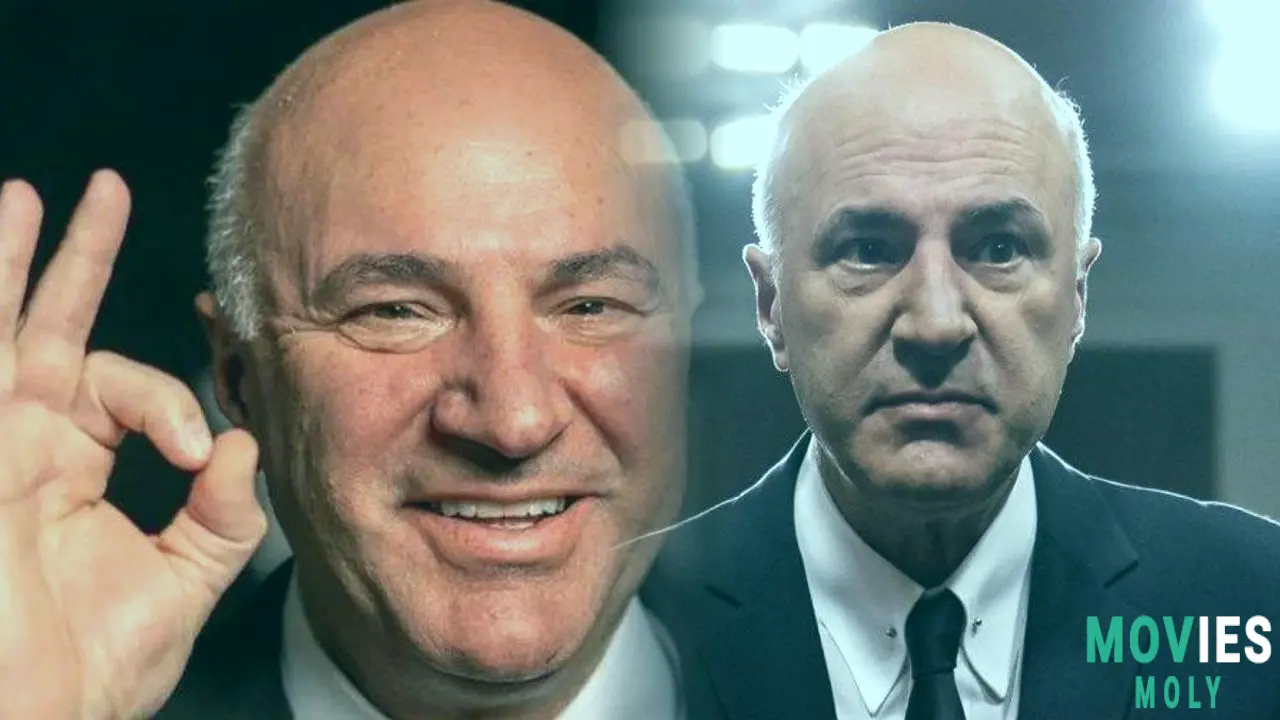
This isn't just about extras. The fear is that if AI can replace background performers, where does it stop? If AI can generate a realistic "Tilly Norwood" who "doesn't need to eat" and "works 24 hours a day," what about supporting roles, or even main characters, in the future? This was a major point of contention during the recent WGA and SAG-AFTRA strikes, where AI safeguards were a central demand.
O'Leary himself is reportedly investing heavily in AI, even creating an "AI Kevin O'Leary" in Abu Dhabi, which he claims will soon be indistinguishable from the real thing. This personal venture into AI further illustrates his belief in the technology's unstoppable advancement and transformative power, not just for the film industry, but for various sectors.
But the "right answer is not always the cheapest," as one article pointed out. While cost-cutting is always attractive in business, the creative industry often grapples with the intangible value of human contribution. The discussion forces Hollywood to confront complex ethical questions about fair compensation, artistic integrity, and the very definition of "acting" in an increasingly digital world.
Ultimately, the debate is far from over. As AI technology continues to evolve at breakneck speed, the industry will have to find a way to balance innovation with the protection of the human talent that truly brings stories to life on screen. Simu Liu and others are making it clear they won't stand by silently as the livelihoods of fellow artists are threatened for the sake of a cheaper budget line.
Frequently Asked Questions About AI in Film and "Marty Supreme"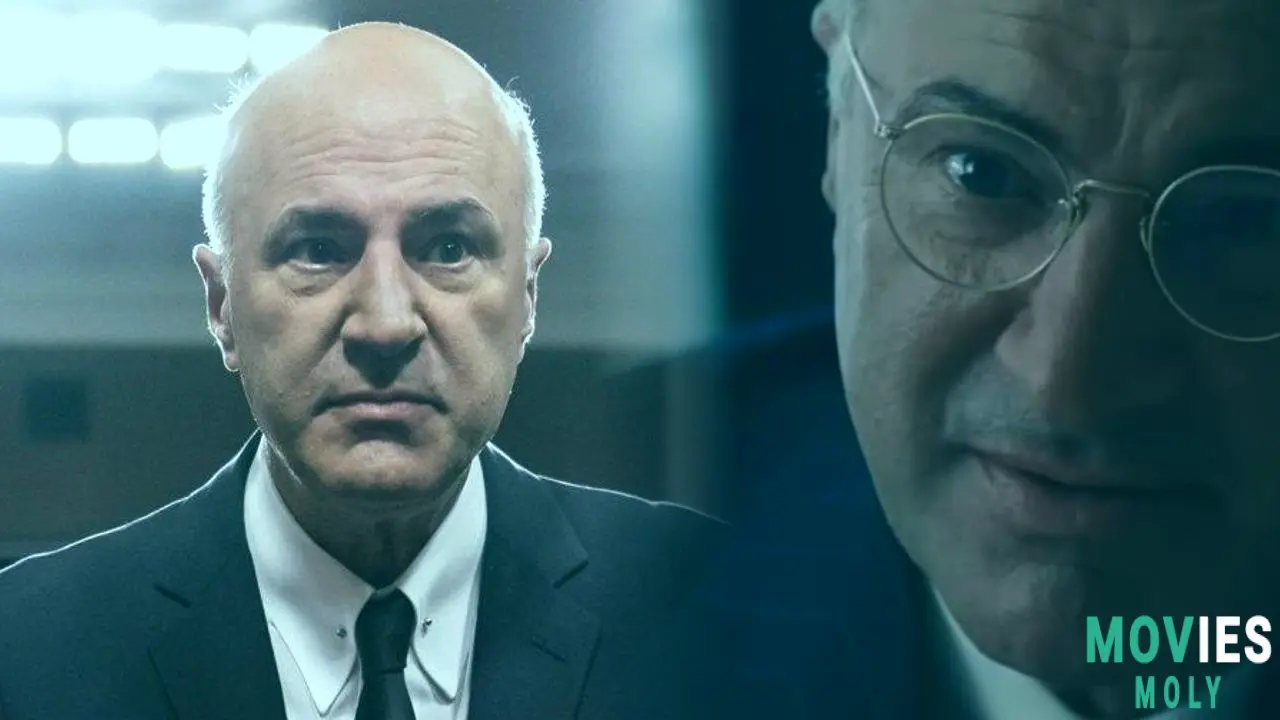
- ScreenRant
- Variety
- Deadline
- No Film School
- A.V. Club
- Vulture
- The Independent
- BuzzFeed
- The Hill

